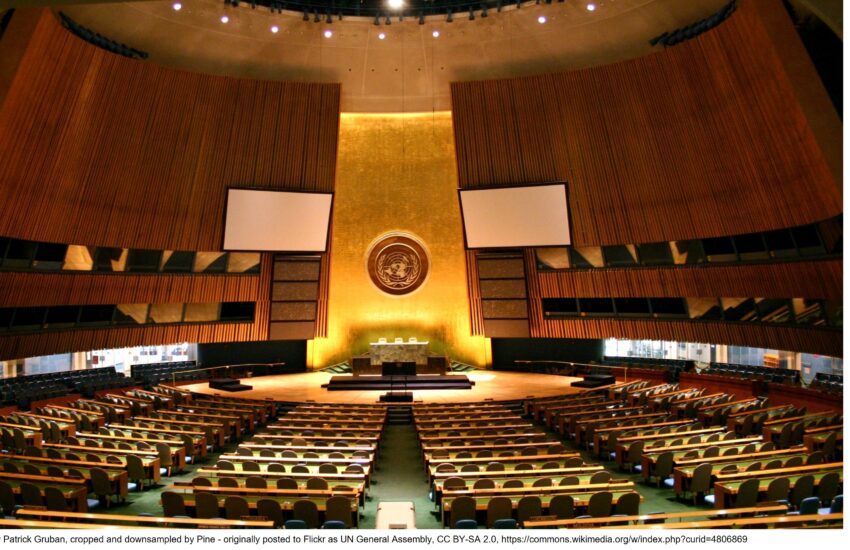Early next week, the United Nations will host a series of multi-stakeholder consultations as part of its efforts to develop a UN Framework Convention on International Tax Cooperation. This initiative has been structured around three distinct workstreams:
- Workstream I: The Framework Convention itself
- Workstream II: Taxation of Services
- Workstream III: Dispute Prevention and Resolution
While all three workstreams are crucial in shaping the future of international tax cooperation, there is growing concern that the consultations – and indeed the broader discourse – are disproportionately focusing on Workstreams II and III. Over the past weeks, both public and closed-door events have revealed that industry representatives, academics, and most importantly, state delegates, have concentrated their efforts and comments on the technical details of service taxation and dispute resolution mechanisms.
This prioritisation, while perhaps understandable in light of the potential distributional consequences and legal uncertainties surrounding these areas, is in our view misguided.
We argue that Workstream I – the core Framework Convention – deserves primary attention at this stage of the process. Without a robust and carefully negotiated foundational framework, any subsequent protocols or mechanisms developed under Workstreams II and III risk being politically fragile, legally incoherent, or operationally ineffective.
There are several compelling reasons for this position:
- The protocols will be optional: While Workstreams II and III may eventually yield optional protocols, the overarching Framework Convention will provide the institutional and legal backbone for these instruments. It will define the rules of engagement and conditions of participation.
- Legitimacy and governance are at stake: Workstream I will shape the institutional architecture and future legitimacy of international tax governance. As such, its success or failure will have long-term implications far beyond any single technical rule on services or dispute resolution.
- Avoiding fragmentation: If states are serious about avoiding fragmented and politically costly initiatives – such as the contested implementation of the global minimum tax – they should focus their efforts on designing a coherent and inclusive framework that facilitates structured cooperation from the outset.
But what does it actually mean to “focus on Workstream I”? Based on our analysis, negotiators and stakeholders should prioritise the following questions:
- Objectives and Scope: What are the normative goals of the Framework Convention? What elements belong in the preamble?
- Institutional Design: How should the Conference of the Parties (COP) be structured? What voting modalities should be adopted to balance effectiveness and inclusivity?
- Secretariat Functions: What mandates and operational roles should be assigned to the Secretariat?
- Rules of Procedure: What procedural rules will govern the decision-making and functioning of the COP and its subsidiary bodies?
- Inter-state Dispute Settlement: Should the Convention include a mechanism for resolving disputes between states (distinct from taxpayer-state disputes)?
- Capacity Building: In what ways can the Convention facilitate effective capacity building for tax administrations, especially in developing countries?
The ultimate aim of the Framework Convention is to provide a platform for optional yet structured cooperation in international tax matters. It is precisely this flexibility – underpinned by a clear and legitimate governance structure – that could make the Framework Convention a durable cornerstone of global tax coordination. Overemphasising the technical details of Workstreams II and III at this early stage carries the risk of derailing the broader project. Without a strong foundation under Workstream I, there is a real danger that the initiative will stall or be absorbed into the fragmented status quo.
It is now up to negotiators and stakeholders to get the priorities right – and to give the Framework Convention (i.e. Workstream I) the central role it requires and deserves.
Together with a group of students at the University of St. Gallen we have initiated a first round of negotiations. The result is the following St.Gallen Draft for a UN Framework Convention. Such document can serve as a source of inspiration as all the topics above were addressed by the students in their negotiations.
Disclaimer: The English version of the blog was written with the help of ChatGPT.

